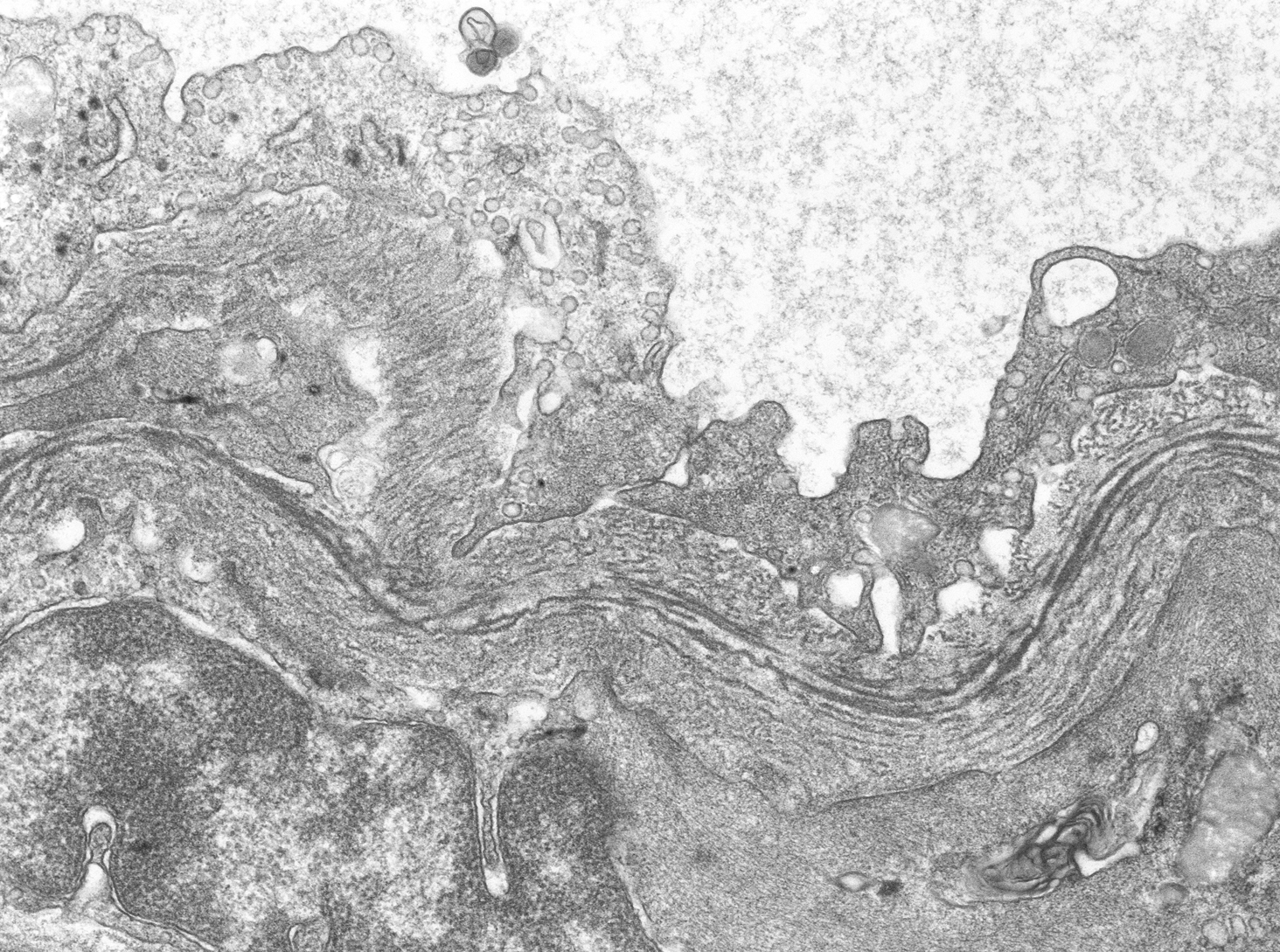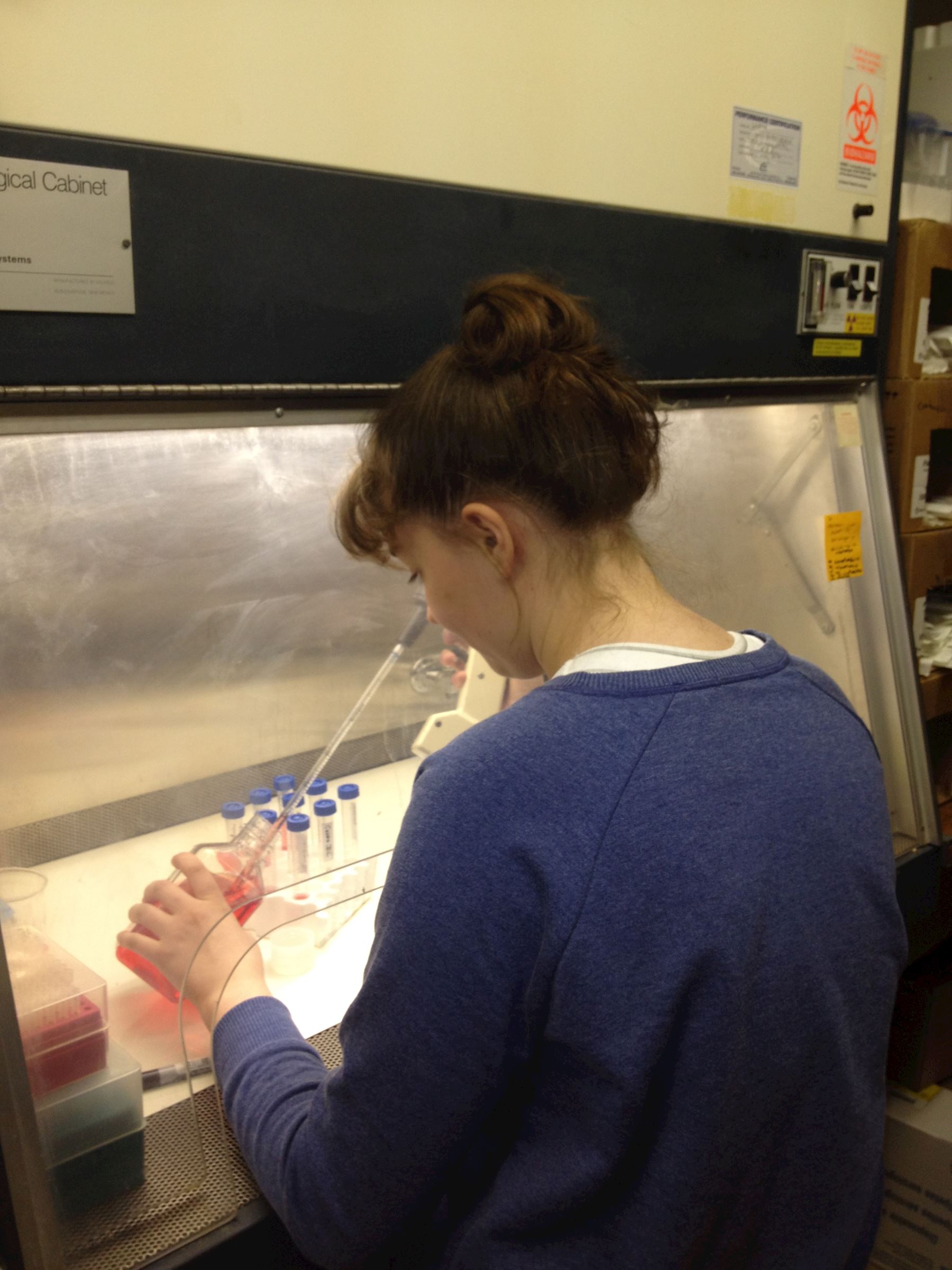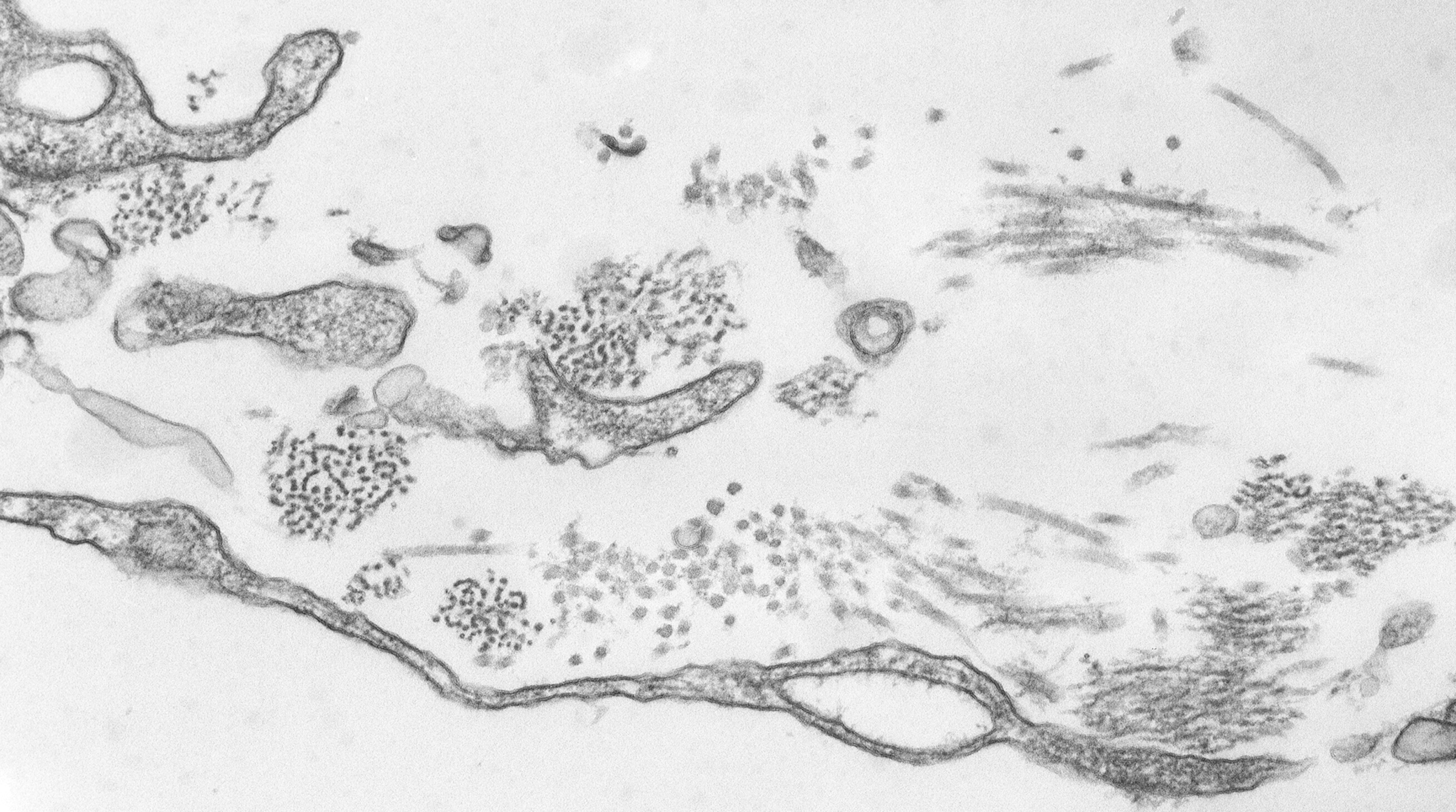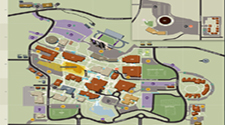Dr. Barbara Trask
 Education
Education
Contact Information
Phone: 801-626-6159
Office Location:
Tracy Hall Science Center (TY)
Room 470E, Mail Code 2501
Teaching Philosophy & Focus
While I have been teaching for 18 years (15 at WSU), I still enjoy being in the classroom. I hope that students in each of the classes I teach do as well, while they simultaneously gain an understanding of the connections between the molecules that comprise our bodies and the processes that they drive to keep us alive. Over the years, I have become less focused on sharing large sets of information with my students. Information can be easily acquired outside of the classroom, and students don’t need me to help them find it. Rather, I strive to help my students develop skills that can be transferred to other classes and situations. Among these are critical thinking, application of knowledge, teamwork and communication skills, and data presentation and interpretation. To foster the development of these skills, I use a multitude of approaches and assignment types. Students sometimes work independently and other times in small groups. Students in my classes are also often required to answer essay-style questions on quizzes and exams, submit several writing assignments, and read a popular novel that is topically related to the focus of the class.
While my approach to teaching has evolved over the years, one thing has remained unchanged. I continue to have high expectations of my students. I expect that they will work outside of class to prepare and to delve more deeply into the material that is introduced during each class period. While I acknowledge these high expectations, past students will attest that I also work hard outside of class time so that my students’ learning experiences are positive. To ensure this, I am continually sampling new pedagogies, assignments, and activities, and I carefully consider input from my students to determine which of these trials are successful and therefore should remain permanent components of my classes. No two semesters are the same, and that is what makes teaching fun!
Classes Taught
Search Catalog For Course Details
Research Areas of Interest
The primary focus of my research has been the synthesis, construction, and maintenance of the extracellular matrix, a network of proteins and carbohydrates on which cells sit and crawl. I have been most interested in elastic matrices, those that stretch when force is applied and then recoil when the force is released. Elastic matrices are not found in invertebrates, appearing first in organisms that have closed circulatory systems. This is because blood vessels are a great example of a tissue with an elastic matrix! Although I have supervised the research of dozens of students who have investigated various aspects of elastic matrices in fish and mice, I have also used my expertise and experience in molecular and cellular biology to mentor students as they explored a large array of topics. For example, research students have explored the effects of herbicides on fungal growth, investigated the reliability of a fruit fly model of Huntington Disease, tested the effect of turmeric on the development of breast cancer in mice, and assessed the relationship between neurotransmitter gene expression and human behavior. I enjoy helping students learn techniques and develop their skills as scientists by allowing them to explore whatever questions inspire them.
Specific Projects
Effect of anti-diabetes drugs on cancer metastasis: Several students have recently begun experiments to measure the production of immune cell-attracting proteins by breast cancer cells. The most aggressive type of breast cancer has been shown to respond to treatment with a specific class of anti-diabetes drugs. Several studies have shown that these drugs can inhibit tumor cell growth and promote their death, but the mechanism by which these aggressive cancers spread in the body has not yet been revealed. Students have hypothesized that the production of proteins that attract immune cells to a tumor might decrease as a result of treatment with this anti-diabetes drug, thereby suppressing the ability of these aggressive cells to metastasize.
Office hours
Monday - Friday
8:30 a.m. - 4:30 p.m.
Visit the Faculty & Staff page
for list of Advisors.
Mailing address
Weber State University
Department of Zoology
1415 Edvalson St., Dept. 2505
Ogden, UT 84408-2505



